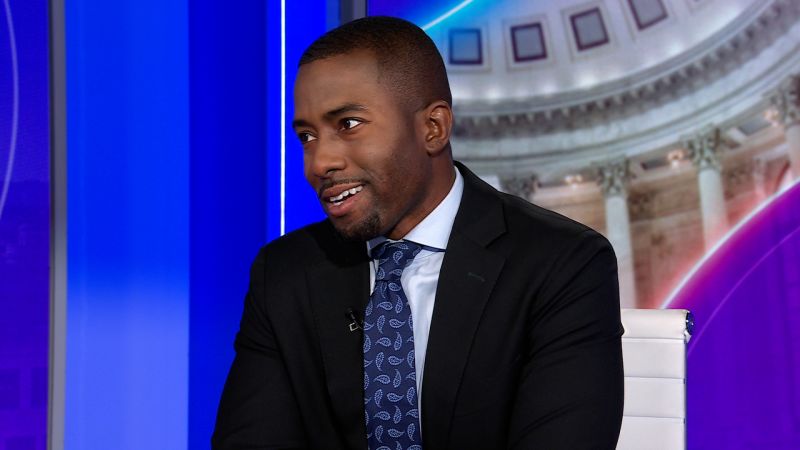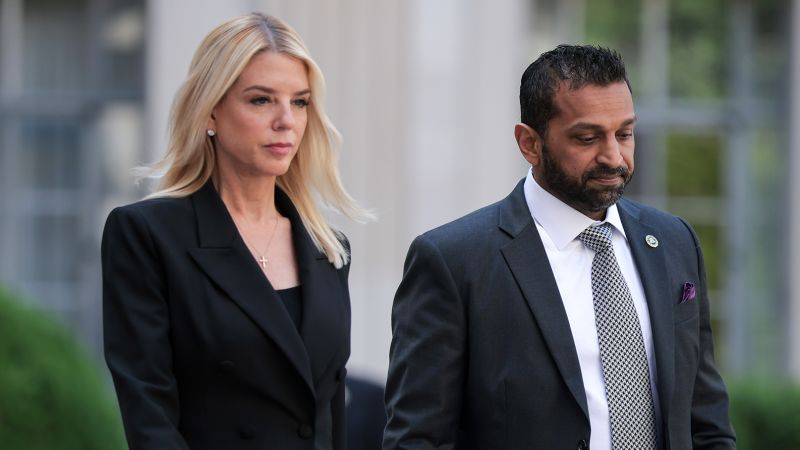
Republican Strategist Urges Shift on Slavery Exhibits in Museums
Opinion | 8/20/2025
A Republican strategist has advised former President Trump to “move on” from his opposition to the display of slavery exhibits in museums. This message comes amid ongoing debates about how historical accounts of slavery should be presented in public spaces. The strategist’s statement signals a division within the Republican party on issues related to historical interpretation and racial justice.
The call for Trump to shift his stance on slavery exhibits in museums underscores differing perspectives on how the nation’s history should be portrayed. While some argue for a more comprehensive and honest depiction of slavery and its impact, others, including Trump, have expressed concerns about what they perceive as an overly critical narrative.
Critics of Trump’s position assert that a full and accurate representation of historical events, including the horrors of slavery, is essential for understanding the complexities of the nation’s past. They argue that museums play a crucial role in educating the public about the realities of history, including its darker chapters.
In contrast, those who align with Trump’s perspective may view the emphasis on slavery exhibits as a part of a broader narrative that they believe unfairly portrays America in a negative light. This difference in opinion reflects a broader debate within the Republican party and the country as a whole regarding the interpretation of historical events and their significance in shaping contemporary society.
As discussions around the portrayal of slavery in museums continue, the divergence of views within the Republican party highlights the complexities of addressing historical injustices and the challenges of reconciling differing perspectives on the nation’s past. The strategist’s call for Trump to “move on” serves as a reminder of the ongoing dialogue surrounding the presentation of historical narratives and the implications of these representations on society today.


